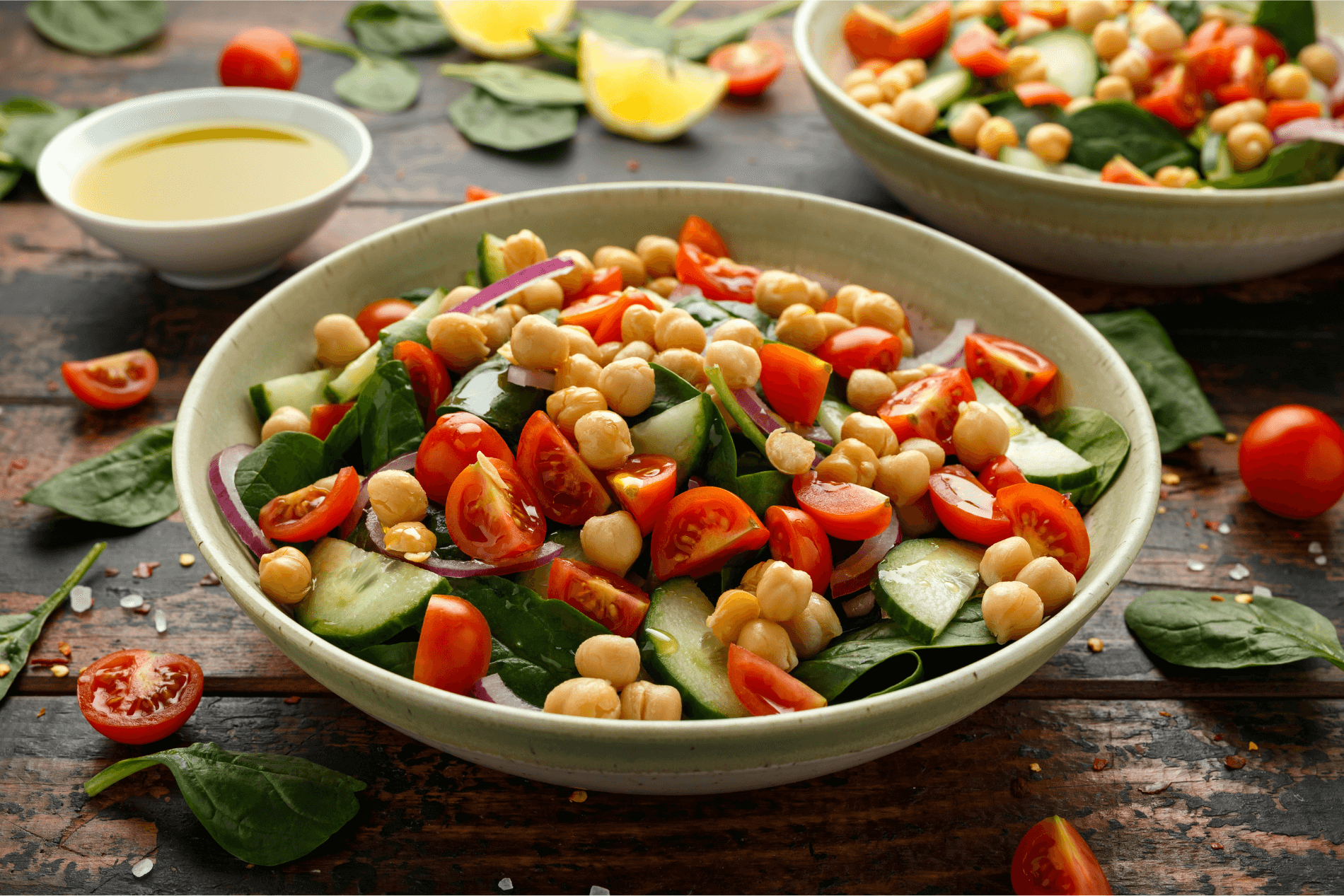
Hearing is a vital sense that plays an essential role in our daily lives. However, many people do not realize how diet affects their hearing health. Good nutrition can help maintain healthy hearing, while poor nutrition may lead to hearing loss.
Understanding Hearing Loss
Hearing loss happens when parts of the ear or brain responsible for processing sound become damaged. This can be due to aging, exposure to loud noises, infections, or other reasons. However, emerging evidence suggests that what you eat can also affect your hearing health.
How Nutrition Impacts Hearing
Various nutrients play vital roles in protecting your hearing. For instance, certain vitamins and minerals help maintain the health of the inner ear, and antioxidants reduce the risk of damage from free radicals. Additionally, a well-balanced diet can enhance overall health, indirectly benefiting your hearing.
Essential Nutrients for Healthy Hearing
Here are some nutrients vital for maintaining good hearing health:
Magnesium
Magnesium helps protect the inner ear from free radicals produced by loud noises. It also improves blood flow, which is essential for ear health. Foods rich in magnesium include bananas, spinach, and avocados.
Potassium
Potassium regulates fluid in the body, including the fluid in the inner ear that translates sound into nerve impulses to the brain. As we age, potassium levels drop, so it’s important to include potassium-rich foods like bananas, oranges, and potatoes in your diet.
Zinc
Zinc boosts the body’s immune system and helps protect against ear infections that may cause hearing loss. Foods like beans, nuts, and dark chocolate are rich in zinc.
Folic Acid
Folic acid helps generate new cell growth and enhances blood circulation, which is vital for ear health. Leafy green vegetables, beans, and fortified cereals are good sources of folic acid.
Omega-3 Fatty Acids
Omega-3 fatty acids, found in fish like salmon and tuna, have anti-inflammatory properties and improve blood flow to the ears. They have been linked to a lower risk of age-related hearing loss.
Combining Nutrients for Optimal Hearing
While each nutrient has its benefits, combining them can provide the best protection for your hearing. For example, a diet rich in magnesium and Vitamin E can offer double protection against hearing loss due to noise exposure. Including a variety of nutrient-rich foods ensures you get a broad spectrum of benefits for your hearing health.
Practical Tips for Better Hearing Health
Incorporating hearing-friendly foods into your daily diet doesn’t have to be challenging. Here are some practical tips:
- Start Your Day Right: Begin your day with a healthy breakfast rich in folic acid and Vitamin B12, such as a bowl of fortified cereal with a glass of orange juice.
- Snack Smart: Opt for nuts, seeds, or a piece of dark chocolate for a quick and healthy snack rich in zinc.
- Balance Your Meals: Aim for balanced meals that include a variety of fruits, vegetables, lean proteins, and healthy fats.
- Stay Hydrated: Drinking plenty of water is essential for maintaining fluid balance in your inner ear.
- Limit Processed Foods: Try to reduce your intake of processed and high-sugar foods to maintain overall health and hearing.
Conclusion
Nutrition plays a vital role in maintaining good hearing health. By including nutrient-rich foods like leafy greens, fish, nuts, and fruits in your diet, you can protect your ears from potential damage and reduce the risk of hearing loss. Remember, a balanced diet is not just beneficial for your ears but also for your overall well-being. So, make smart dietary choices today to enjoy healthy hearing for a lifetime.
